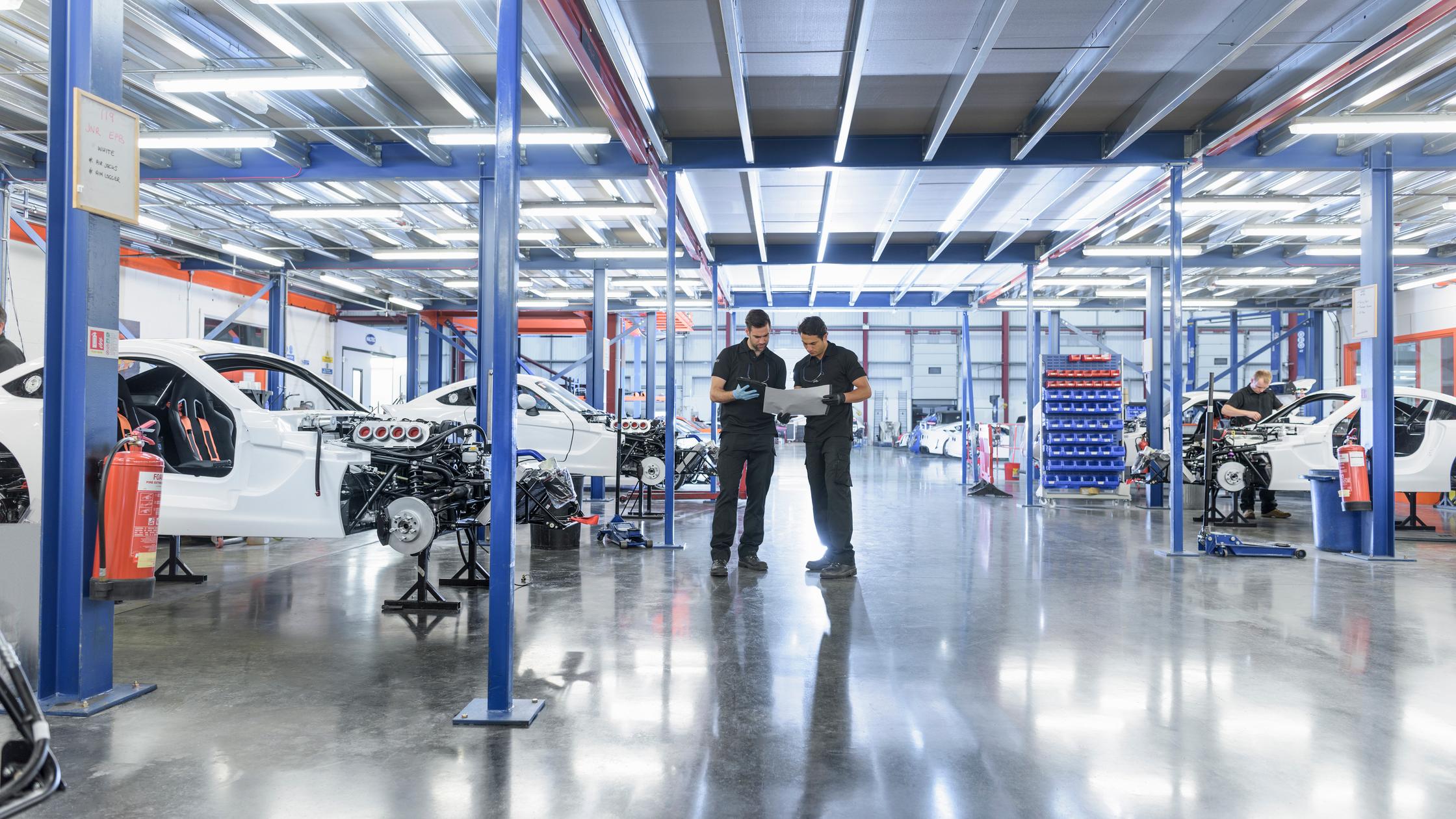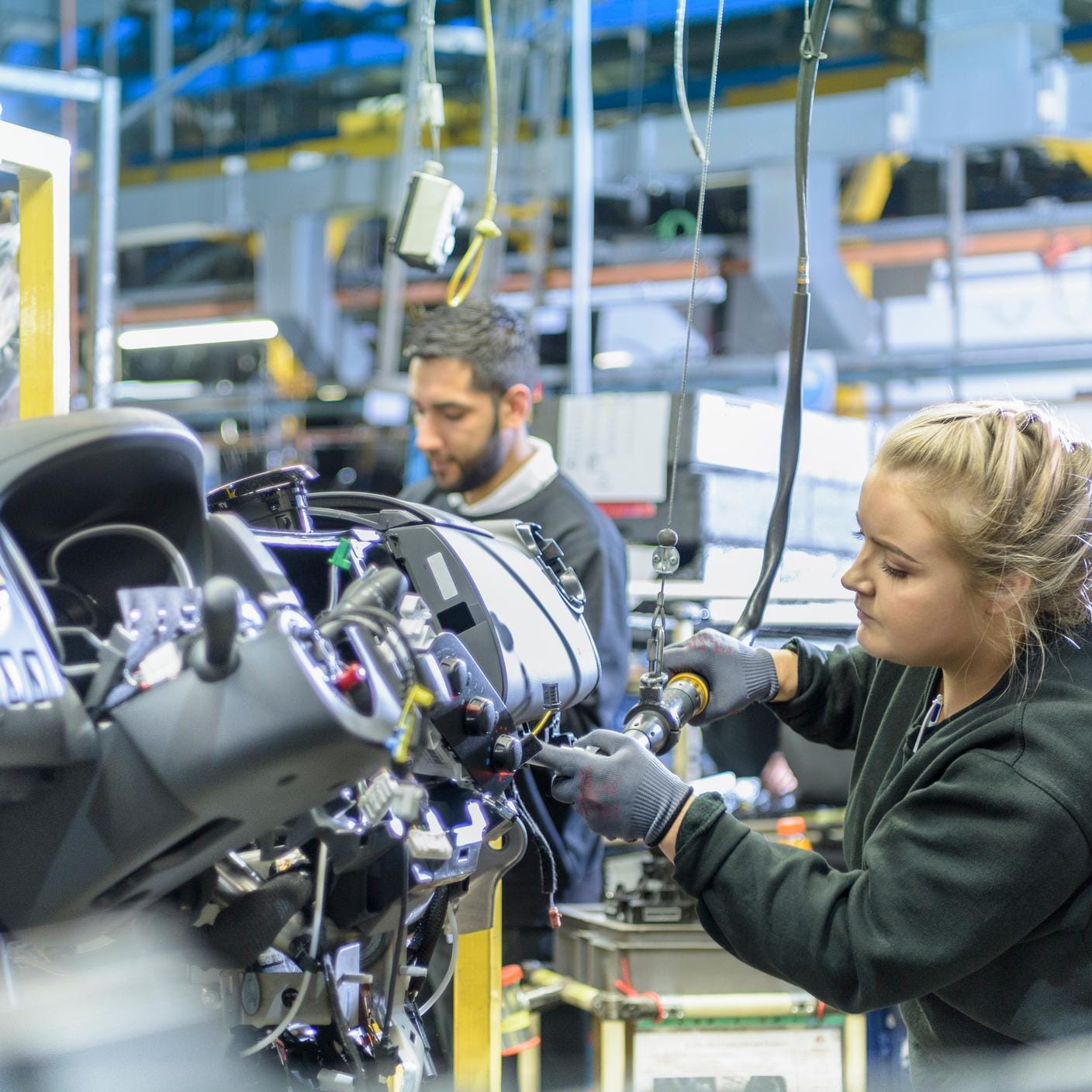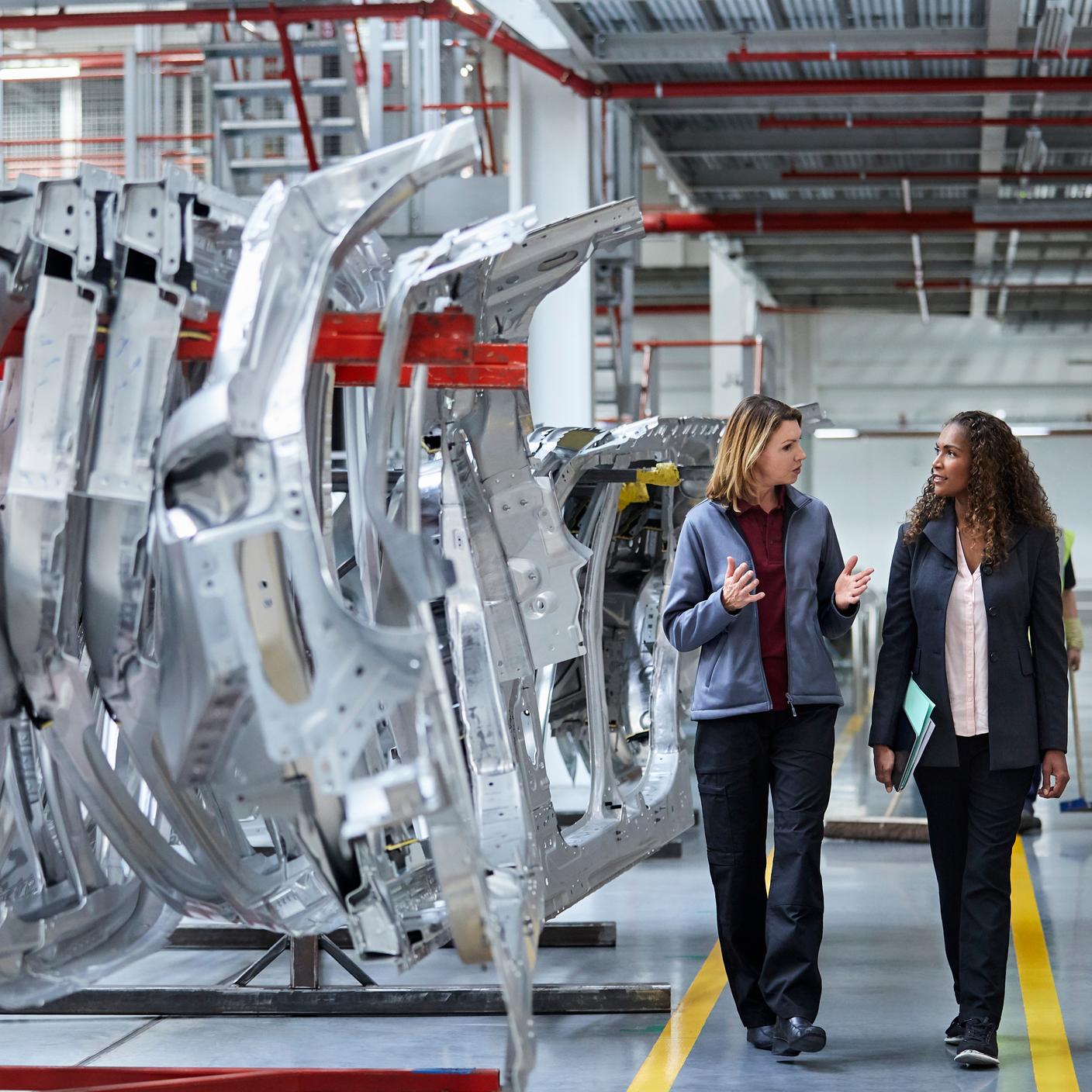The automotive industry is changing rapidly to achieve secure digital transformation and fuel sustainable growth, to serve the transportation needs of the future.
Trusted supplier relationships at all levels of the global supply chain are essential to making progress with confidence.
As your trusted partner, we can help you build a roadmap to the new automotive future.












